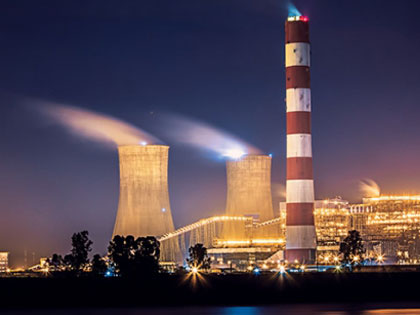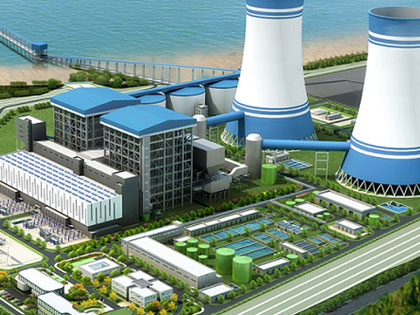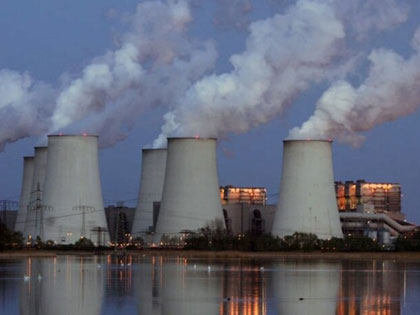
A thermal power station is a power station in which heat energy is converted to electric power. In most, a steam-driven turbine converts heat to mechanical power as an intermediate to electrical power.
Thermal power plants, metal mining industries, distillery and wastewater treatment plants have been recognized as major sources of environmental pollutants. Thus, proper management and disposal of industrial waste is a major environmental issue. Presence of toxic metals mainly As, Cr, Cd, Pb, and Hg along with airborne particles can pose serious health issue. Therefore, remediation of waste disposal sites and stabilization of site conditions to combat pollution is currently needed. Development of green cap to combat dispersion and mobility of pollutants are widely recognized. Species used for the green capping should have perennial nature, good soil binder with extensive root system, self-propagation, and tolerance to high temperature and drought conditions.
Bermuda grass was evaluated for a vegetative cover over a brine solid waste surface impoundment in Louisiana. Authors also opined that germination from seed and sod, higher nutrient accumulation capacity, fast growth and tolerant to hostile condition makes Bermuda grass a suitable candidate for stabilizing and covering brine impacted areas. Bermuda grass naturally colonized on fly ash lagoon may be suitable to develop green turf, which prevents airborne erosion of FA from the site and provides easily available and natural palatable fodder for cattle.



In addition to direct power generation, water indirectly enables power generation through the cooling it provides for thermoelectric power plants operating on the steam cycle (also known as the Rankine cycle). Thermoelectric power plants use heat to make power and are responsible for more than 90% of the electricity generated in the India (approximately 3500 of the 4000 million MWh generated annually). Most of those power plants, satisfying 75% of power needs, use the steam cycle, which requires extensive cooling. Power plants also use water for fuels production at the mine or point of extraction and for emissions control at the power plant. The mining sector, which includes the extractive industries for fuels production, requires another 4 billion gallons per day, and the industrial sector, which includes refineries and other facilities for upgrading fuels, is responsible for another 14 billion gallons per day of withdrawals in the India.
See All Services
We have been transforming the ideas and visions into award-winning projects.